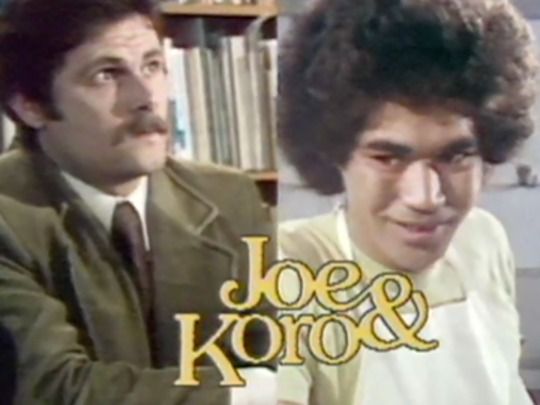by Ad Astra, London, from the New Zealand TV Weekly. 16 January, 1967
Robert Stead, a Former Wellingtonian now with Redifusion Television in London, gives our London correspondent Ad Astra, his impressions of New Zealand television.
The worst excesses of commercial TV as seen for instance in sponsored television have been avoided in New Zealand, according to an expatriate television producer.
Mr Robert Stead (formerly of Wellington) who is a producer for Redifusion Television, London, hopes that New Zealanders are thankful for being spared the worst.
When he visited New Zealand last year (for the first time in 12 years) he looked closely at the service which had been established by NZBC. He considers the corporation has achieved a praiseworthy compromise
in providing a revenue-producing service that is only partly commercial.
Mr Stead is glad that the better quality 625-line TV system has been adopted and is impressed by the speed with which TV has been brought to so many of the population.
He says it is a considerable engineering achievement that in such a short time (in a country which could hardly provide more natural obstacles to reception) television had been provided for many people living far away from the main centres. The programmes he saw, and saw advertised, were mostly the common fare of the British land American television services - no better, no Worse.
What you think about this sort of television depends largely on personal taste and the amount of time spent viewing,
he says.
Television exists to inform as well as to entertain, and apart from imported documentary programmes, the New Zealand service creditably attempts national and international news coverage for more than 30 minutes every evening.
In the field of reportage, television's capacity to bring events into our living rooms is unique,
Mr Stead said.
It is in originating its own documentary programmes that New Zealand television could particularly excel.
It is especially important to New Zealand - because of its geographical isolation - that its television should truly provide a window on the world, a world from whose daily shocks it has the good fortune to be largely insulated.
It should always be remembered that television, when it sets out to entertain, is a mass medium and like all mass media attempts to please the greatest number of people and in doing so inevitably displeases a large number too.
These people who are displeased -what do they want?
I asked New Zealanders whom I met in different parts of the country, and their replies indicated that they would like to see more sport more good plays - and some said they would like to see more controversial programmes.
On the last point is probably general agreement. Controversy is the very essence of television,
Mr Stead said.
I would also agree with those viewers who feel deprived of adequate sports viewing in their own homes. Sport is a 'natural' for television, and in a country which is so sport-minded a more comprehensive coverage could, and no doubt will, be provided when facilities become available. lt is early yet.
The people who want more 'good' plays are harder to cater for. Television is an insatiable consumer of plays and scripted material generally.
Unlike the cinema industry, in which each film play is intended for exhibition for as long as it will run, and unlike the theatre, where a successful play can run for years, the television play runs for one night.
Mounted at considerable cost in both effort and expense, its first night is also its last night. The television play can reach its whole audience in one showing. Its audience is then expecting another play next week, or even the next night.
To provide one 'good play a week demands that a television service find more them 50 'good' scripts a year,
Mr Stead said.


Comments powered by CComment